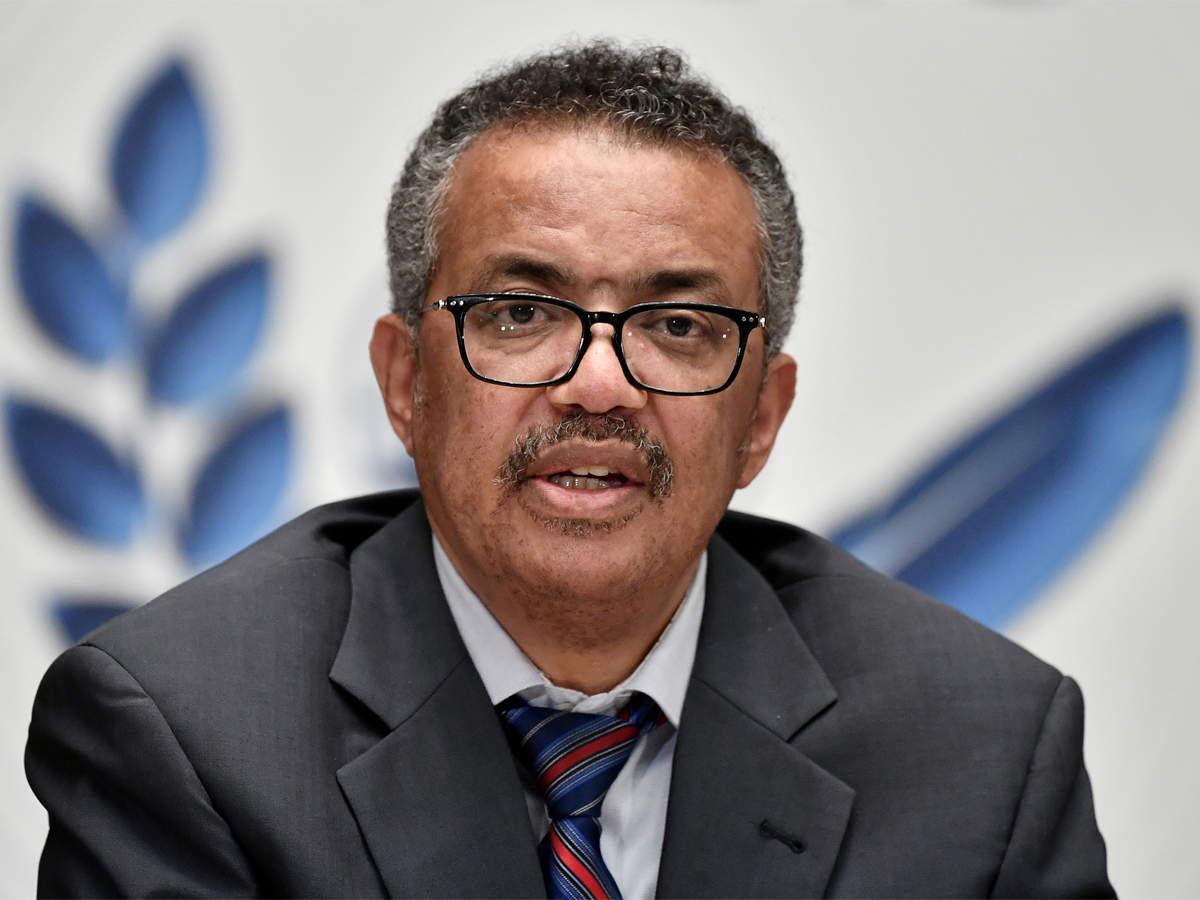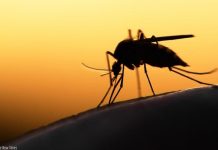Africa-Press – South-Sudan. South Sudan joined the world in marking World Malaria Day yesterday, six months since the World Health Organisation (WHO) recommended widespread use of a malaria vaccine RTS, S/AS01 (RTS, S) among children in sub-Saharan Africa and in other regions with moderate to high malaria transmission.
The recommendation was based on results from an ongoing pilot program in Ghana, Kenya, and Malawi that had reached more than 900 000 children since 2019.
As the world marked the important day in the face of a major breakthrough in malaria control and treatment—complete with a vaccine for the first time—South Sudan still remains among the 23 highest-burden malaria countries in the world.
The country is yet to start vaccinating its populations, particularly those under five years of age, who are most vulnerable to malaria attacks.
Malaria is widespread throughout South Sudan and continues to be a major public health problem. Transmission of malaria in South Sudan occurs throughout the year and peaks on rainfall, except in urban cities. South Sudan’s rainy season lasts for about six to eight months.
The World Health Organizing South Sudan office on Monday confirmed the already published statistics, that isolate malaria as the leading cause of high morbidity (illness) and mortality (death) rates in the country.
The mortality and morbidity rate constitute 66.8 per cent of outpatient consultations and 30 per cent of admissions, and about 50 per cent of deaths cases is due to malaria cases in the country, according to the ministry of health.
Arrival unknown
Speaking during the celebration of World Malaria Day yesterday, Dr. Fabian Ndenzako, WHO Representative in South Sudan, said the malaria vaccine has already been added to other interventions for the control of malaria disease.
“This malaria vaccine will be used to prevent malaria among children specifically among children of 86 months to 5 years who live in moderate to high transmission settings including South Sudan,” Ndenzako said
Despite the announcement of the malaria vaccine in South Sudan, this year, however, there is no clear information on when the vaccine will be brought into the country.
In 2019 Malawi was the first country in Africa to receive the malaria vaccine followed by Ghana and Kenya the vaccine was endorsed by the World Health Organization for “broad use” in children, making it the first vaccine to receive this recommendation.
In the absence of the vaccines in South Sudan for now, Ndenzako says there is still a need to end malaria in the country by strengthening the communities and mobilising more funding against malaria.
The World Malaria is always celebrated on April 25 every year and this year’s day was marked under the theme, “Harness innovation to reduce the malaria disease burden and save lives,”
Yolanda Awel Deng, the national Minister of Health, said there are many ways of preventing malaria from affecting people, she encouraged citizens to clear bushes within their environment that harbour breathing space for mosquitos
“We have got treated misquote nets for households that cannot afford to buy their own mosquito nets, and we highly encourage families to sleep under the treated mosquito net,” she said
Deng said that using medication correctly and at the right time can help prevent health problems from becoming worse
“It is your responsibility to know as citizens of this country to know whether your consumer is going to be beneficial in your body or not,”
According to the UN, progress toward stemming Malaria spread has been made from 2000 to 2015. It said action is needed again to hold ground and set the world back on a track toward achieving the 2030 targets of the global malaria strategy.
However, Malaria remains a significant, global, public health, and economic development challenge.
Speaking in October 2021 when WHO recommended the use of the malaria vaccine RTS,S/AS01 (RTS,S), WHO Director-General Dr Tedros Adhanom Ghebreyesus lauded the breakthrough, saying the new development will see tens of thousands of young lives saved each year.
“This is a historic moment. The long-awaited malaria vaccine for children is a breakthrough for science, child health and malaria control,” said Dr Tedros Adhanom Ghebreyesus.
Malaria remains a primary cause of childhood illness and death in sub-Saharan Africa. More than 260 000 African children under the age of five die from malaria annually.
In recent years, WHO and its partners have been reporting a stagnation in progress against the deadly disease.
For centuries, malaria has stalked sub-Saharan Africa, causing immense personal suffering. With this kind of background, affected communities and stakeholders had long hoped for an effective malaria vaccine.
For More News And Analysis About South-Sudan Follow Africa-Press






